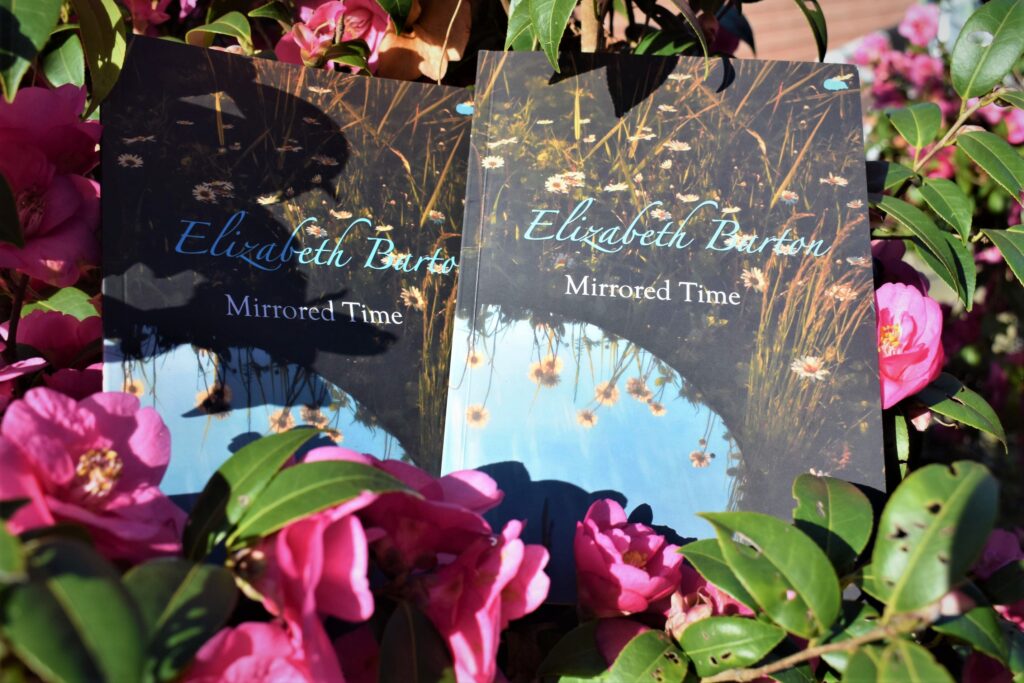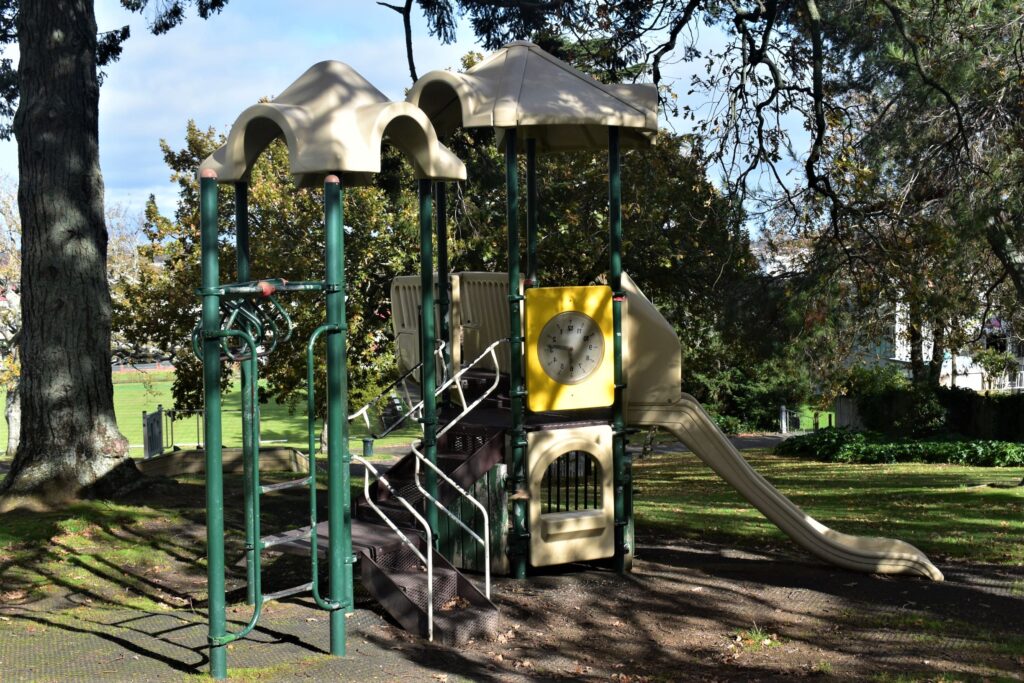
Much inspiration lies behind my new collection of poems. Mirrored Time has a plethora of meanings, encompassing time as memory and myth. Mirrored Time is the title of the opening poem and reflects the whole work in a fabric of temporal markers. The past as myth, the future as dreams and hope, form a clockwork of symbolic journeys. Thus began the poetic quest.
Time as a Mirror
Mirrored Time is a recurring theme in my life. The future echoes the present, the prescience of future events arises from the remembered past. Within that framework lies a unique journey, an understanding of the world and one’s place in it – a hero’s journey. These ideas may have arisen from knowing that I’ve always been ‘different’ and had to find my own way in life. The hero’s journey is an idea which began in antiquity but is equally alive in the present.
Mirrored Time was a natural choice as the title of my pamphlet and refers to a dream I had when I was nineteen. In the dream, Te Aroha was my home, where I lived to a great old age. After I had died, I wandered as a ghost through the historic Domain and the mountain beyond. The mountain became my spiritual abode. I spent my childhood in nearby Matamata and then left home to travel and live abroad. I never imagined I would indeed live in Te Aroha, as my dream foretold.

An iconic clock with backward hands features in the Edwardian Domain playground, the heart of Te Aroha. This play clock perfectly pictures the idea of time travel. Or the prescience of dreams, which I wove into my poem. The poem announces the dream world in the movement of clouds, bringing the idea of sleep and dreams through the idea of a feathered duvet. Within the feathered nest of dreams, it is possible to travel to the future. Or the past.
The Retelling of Myths
The past recurs in the poetry as excursions into Classical and Celtic myth, woven around a personal Mythos of self-discovery. For example, Adonis typifies such an experience. New discoveries lead to discernment and wisdom. The rejection of certain norms draws a line between what belongs to oneself and what doesn’t, what feels right and true. Or false. In such cases, an old world recedes, and a new world awaits – as the poems Double Take and Lunar Eclipse describe. Conversely, other poems reflect a fascination with myths as story-telling, whether ancient or modern, particularly the consequences of lust – as The Moth and Pasiphae reveal.
Time and Wisdom
It takes time to acquire wisdom; time is a luxury and necessity to allow us all we wish in our allotted life. Accordingly, discernment instigates greater attention to the heart’s desire which the flagship poem, The Miner’s Triumph, amply demonstrates. It reveals how death perenially looms but recedes in the courageous embrace of one’s heart’s desire. Similarly, Christmas Voyage echoes themes of yearning and fulfilment, sidestepping death in the moment time ceases. Finally, the poem Solaris, named after the 2002 film, makes love the ultimate victor over death. The poem, which ‘glows like a posy in a window’, refers to Dylan Thomas’ great work And Death Shall Have No Dominion. The quote forms the backdrop to the film’s meaning. I made it my own by imagining myself as the poet returning from the dead to hear his poem. So life is not bound by death; it becomes illusory.
The Miner’s Triumph
Originally filmed in the Waiorongomai Valley, the flagship poem, The Miner’s Triumph, is part of my youtube collection. It appeared as part of an online poetry event: https://elizabeth-barton.co/events/
In conclusion, they say at the moment of death, life flies before one’s view. The collection Mirrored Time encapsulates a parallel experience, forged shortly after my mother’s death. The work belongs to a period of my life when a diverse collection of poetry flowed from a single stream.

